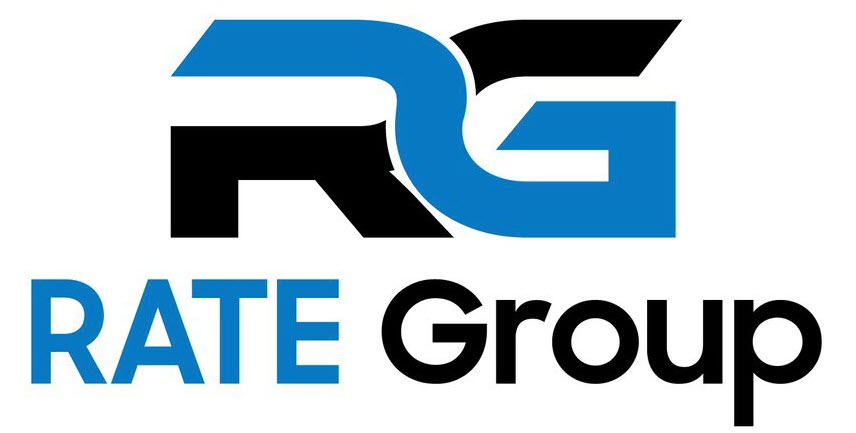
17 Sep Robbing a Locked Bank Vault from Home: Legal Issues Raised by Cryptocurrency Frauds
[ad_1]

The number of individuals and businesses holding or using cryptocurrencies is expected to reach 200 million by 2024. The advent of cryptocurrencies has raised a host of legal issues; some of the most immediate ones—such as whether cryptocurrencies are securities—appear to have been resolved, but cryptocurrency theft remains a major concern for traders and investors given that billions of dollars of cryptocurrency are stolen every year. These cutting-edge problems intersect in interesting ways with companies’ existing fraud and anti-money laundering concerns, but it all starts with the cryptocurrency “wallet.”
A cryptocurrency wallet stores the cryptographic keys (both public and private) that one uses to access and spend cryptocurrencies. Each wallet can contain multiple keys as well as independent cryptographic software or a mnemonic device for memorizing the cryptographic keys. It is important to note that crypto…
[ad_2]
Source link

